در این ماه مخاطبان می توانند اکران کنند نت صفر با سوفیا کیانی صحبت می کند on the Planet Classroom Network. This film is curated for the Planet Classroom Network by the Protect Our Planet Movement and Planet Classroom.
اکثریت قریب به اتفاق تحقیقات تغییرات آب و هوا فقط به زبان انگلیسی در دسترس است. این یک مانع بزرگ در مقابله با بحران جهانی آب و هوا است.
به نت صفر با سوفیا کیانی صحبت می کند, فیلو مگدالن، فعال آب و هوا، سفر و راه حل های کار سوفیا کیانی فعال را بررسی می کند.. کیانی موسس و مدیر اجرایی Climate Cardinals است, یک سازمان غیرانتفاعی تحت رهبری جوانان که منابع مهم آب و هوایی را تامین و به آنها تبدیل می کند 100 زبان. در حال حاضر در حال تحصیل در زمینه سیاست آب و هوا در دانشگاه استنفورد, این جوان 20 ساله همچنین نماینده ایالات متحده در گروه مشاوره جوانان سازمان ملل متحد در مورد تغییرات آب و هوایی است.
جهانی جستجو برای آموزش و پرورش از استقبال فیلو مجدلیه خوشحال است.
Why did you want to interview Sophia Kianni? What inspired you about her work?
Climate change impacts are increasing in frequency and intensity, and we have a rapidly closing window of opportunity to avoid and mitigate their catastrophic impacts. In this period, as scientific research and communication on climate change gain prominence and momentum, ensuring inclusive communication is an imperative given the diversity of populations across the world and their languages. I chose to interview Sophia Kianni because she recognized the obvious language barrier in climate change communication that has largely been ignored. Hailing from a region where English isn’t a native language, I was inspired by her work as I have long been aware of the importance of ensuring accessible knowledge and local contextualization when it comes to engaging with the issue of climate change and environmental degradation.
چه چیزی شما را در مصاحبه خود شگفت زده کرد?
There were some hard-hitting facts about language accessibility at the global level that Sophia shed light on: the 6 UN languages account for less than half the world’s speaking population; some of the world’s largest research reports, like the IPCC’s assessment reports are only available in the UN languages; 75% of the world doesn’t speak English, اما 80% of scientific literature is only available in English.
If an influential transnational organization like the UN has not yet achieved language inclusivity, we have a long way to go. Allocating resources and channelizing efforts for translation is going to be the first crucial step to advancing climate-related knowledge accessibility.
چه هستند 3 نکات اصلی برای مخاطبان خالص صفر از مصاحبه شما?
We need to mobilize advocacy efforts to push institutions and governments to step up their climate communication strategies and ground it in inclusivity and accessibility. The youth can especially play an impactful role through their engagement at the grassroots level and community mobilization. Sophia Kianni’s Climate Cardinals — which in itself is an advocacy tool, as she rightly points out — is one example.
Ensuring the availability of knowledge and resources in different languages, and enabling people across the world to access and engage with the information, will play critical roles in empowering communities and upholding climate justice.
Sophia emphasizes that we need climate curricula in local languages that provide a comprehensive overview of the historicity of carbon emissions and capitalism. علاوه بر این, a contextualized environmental curricula can also inform people about their immediate impacts on climate and equip them to play a role to protect their environment and advocate for their communities.
Thank you Philo!
C.M. Rubin and Philo Magdalene
از دست نده نت صفر با سوفیا کیانی صحبت می کند, now streaming on the Planet Classroom Network. This film is curated for the Planet Classroom Network by the Protect Our Planet Movement and Planet Classroom.

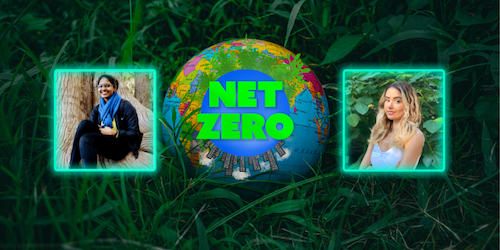
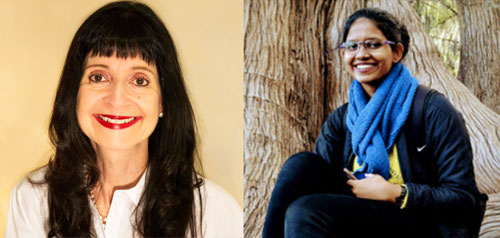
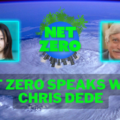
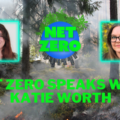
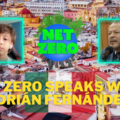
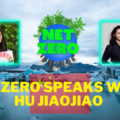
نظرات اخیر